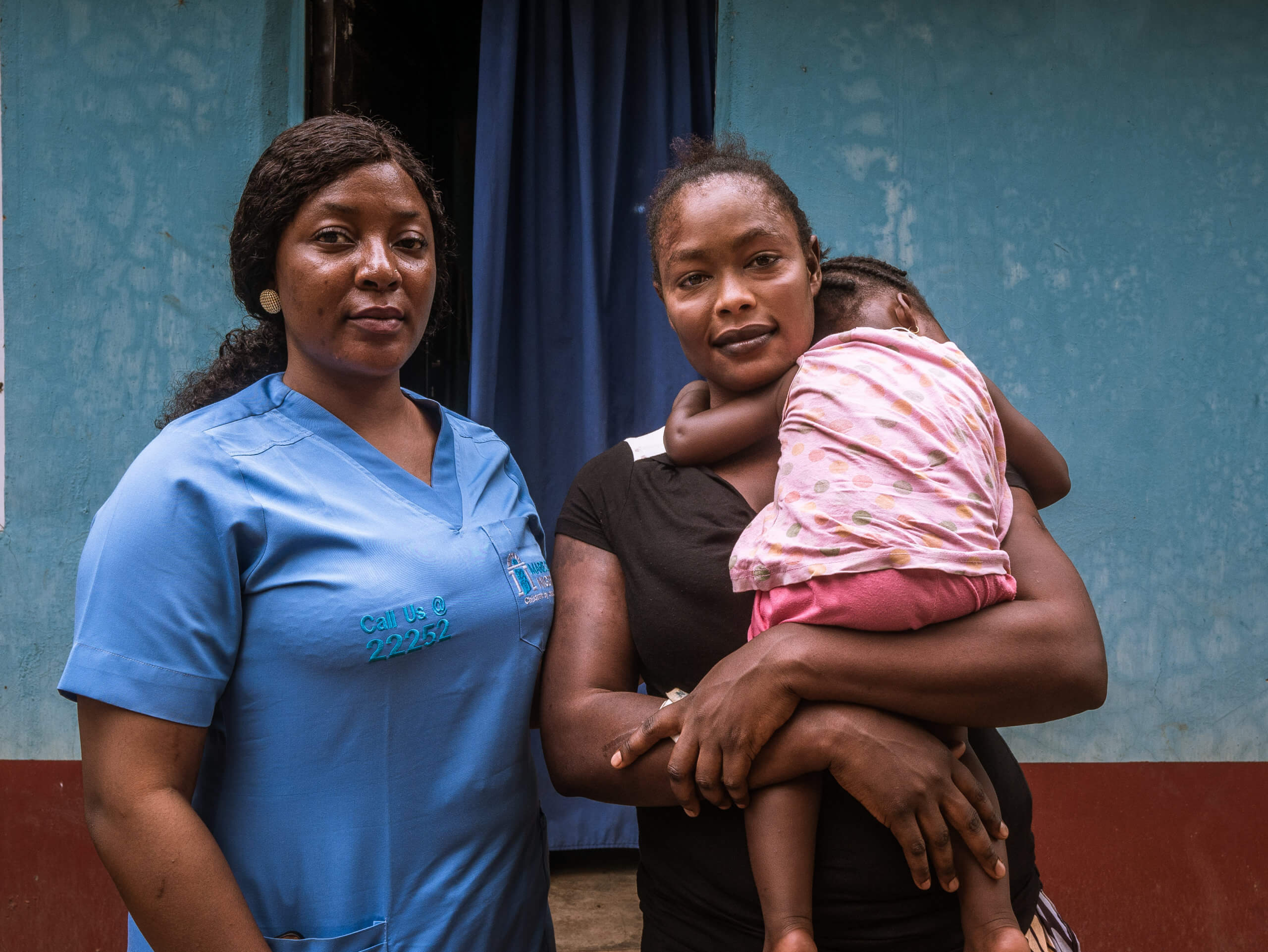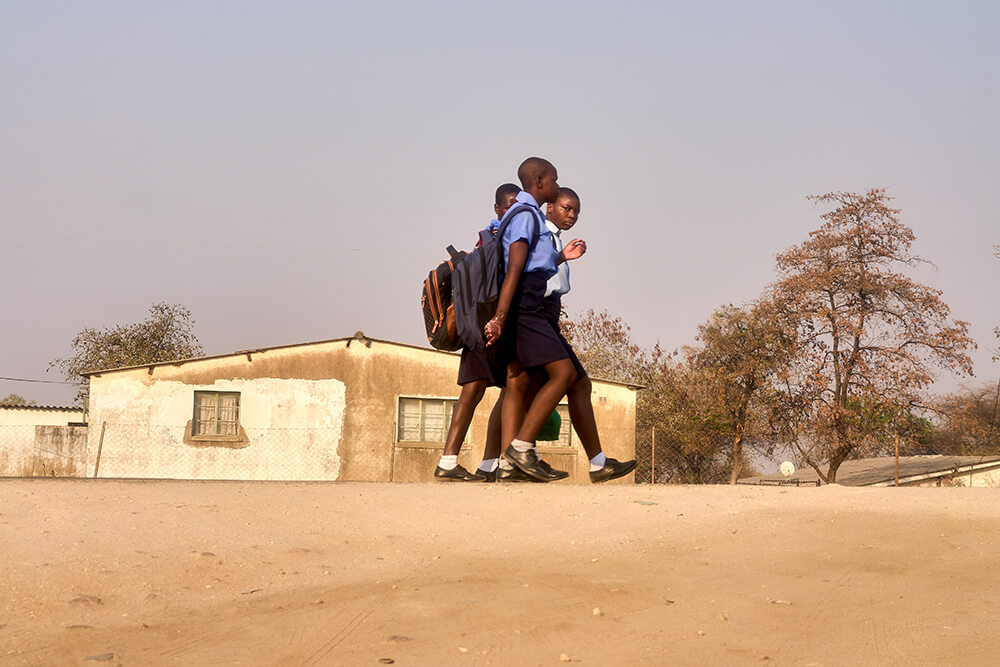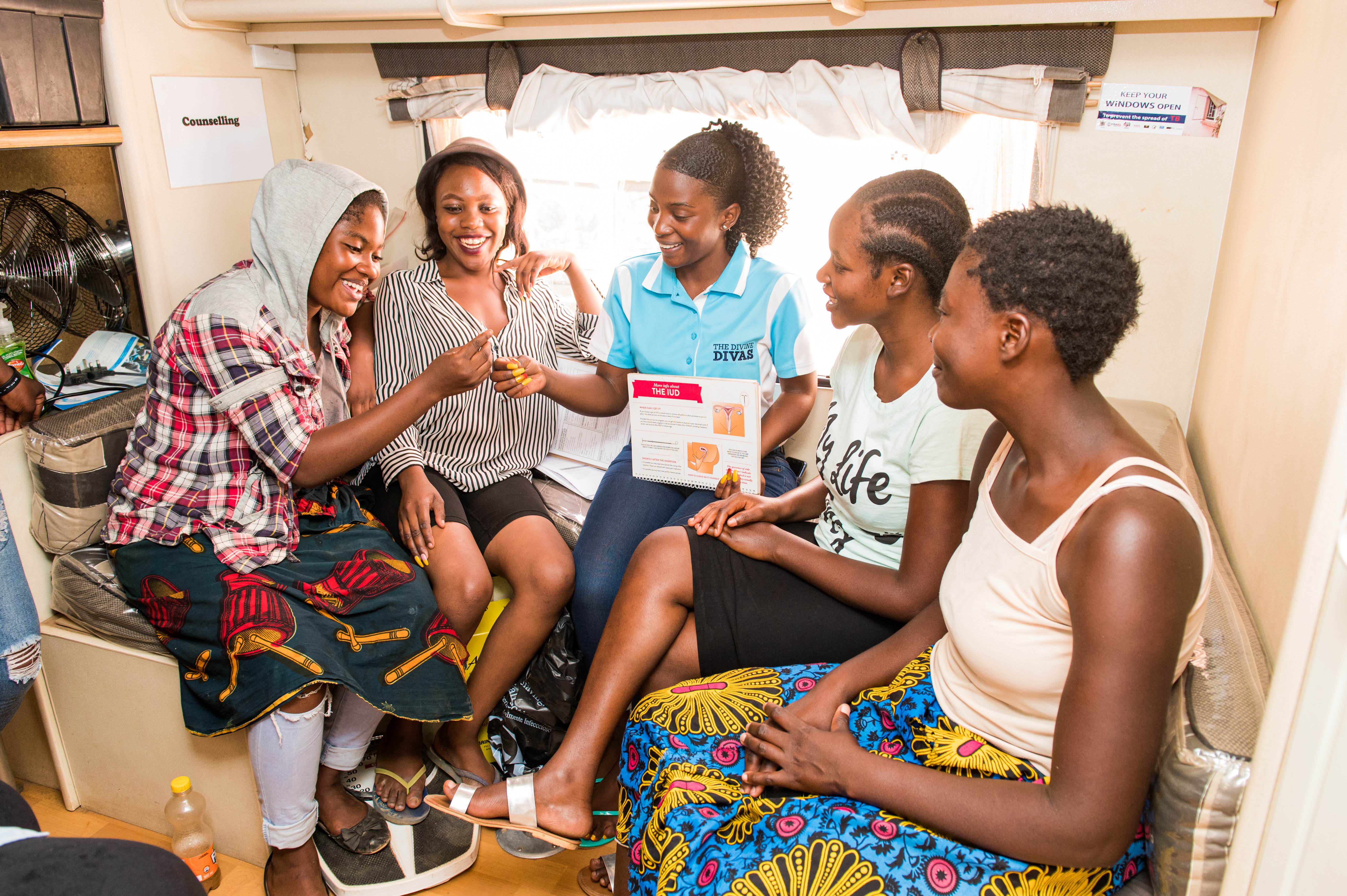Three barriers to choice
Everyone deserves the right to decide if and when to have children. But around the world, too many women still can’t access reproductive healthcare.
In fact, 218 million women worldwide want to avoid pregnancy but don’t have access to modern methods of contraception. And every year, 35 million women have abortions in unsafe conditions.
What keeps women from accessing the healthcare they need? Restrictive policies, pervasive misconceptions and more. But there are three main things needed to make choice available to all: Education, political willpower, and funding.
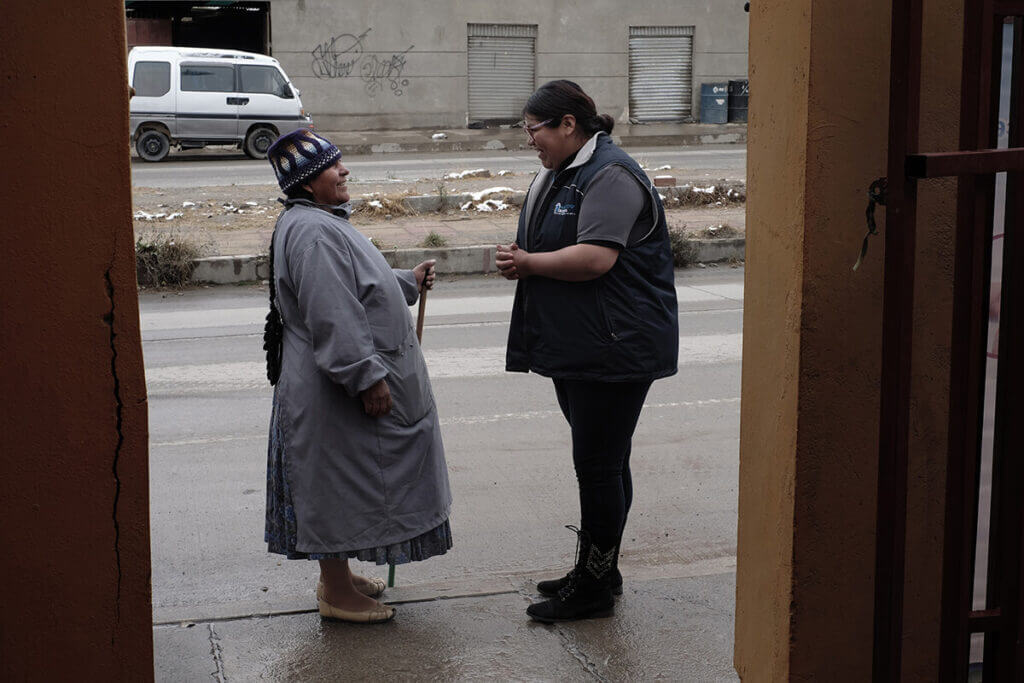
Tackling misconceptions and stigma
Our clients often have misconceptions about reproductive healthcare. Maybe they never received sex education in school, or sex was simply a taboo topic in their family. When MSI comes to their village, they have questions. Is abortion even legal here? Will an IUD make me infertile? Will the pill have too many side effects?
A lack of information about safe abortion and contraception can keep women from getting the care they need. Unfortunately, in many places, reproductive healthcare—especially abortion, but contraception too—is still stigmatized. When reproductive health is taboo, women might come in secret to get care. Or they might forego care altogether, even if it means an unplanned pregnancy.
There’s only one way to tackle this problem, and that’s breaking the silence. At MSI, our providers come from the communities they serve, and have the training to discuss sensitive issues in a culturally appropriate way. For example, Damaless, an outreach nurse in Zambia, likes to make contraception accessible by presenting the information in a song.
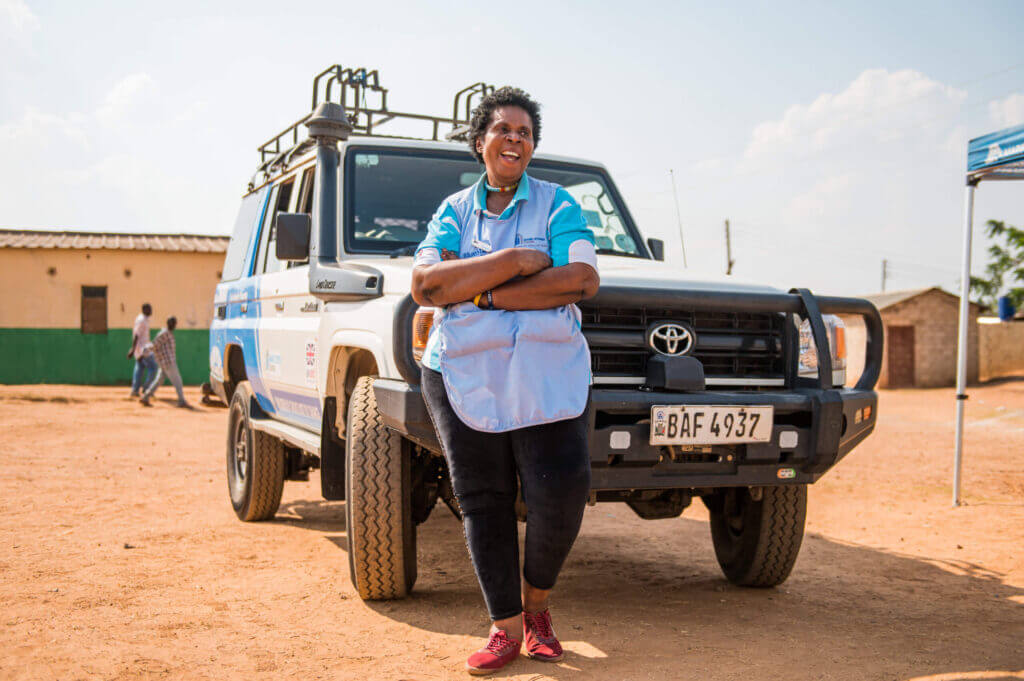
Removing political barriers to choice
Reproductive healthcare is overmedicalized and overregulated in most countries. In many, there are serious restrictions on abortion care—but that’s only the beginning. Contraception is also unnecessarily regulated, with limits on the methods and products that providers can offer women.
Since 2016, MSI has helped secure dozens of changes to restrictive policies in countries around the world. In some cases, we helped register essential medications, so that women could access previously unavailable methods of contraception or safe abortion. We also advocated for new guidelines about contraception, safe abortion and post-abortion care, ensuring providers can be trained to offer these services.
If we want to create a world where every woman has choice, we must continue to remove policy restrictions that needlessly limit access to healthcare. During COVID-19, we’ve found new and innovative ways to make services available. These included offering medication abortions via telemedicine and delivering contraception by motorbike. When the pandemic ends, we hope these changes will remain, bringing women the healthcare they need on their own terms.
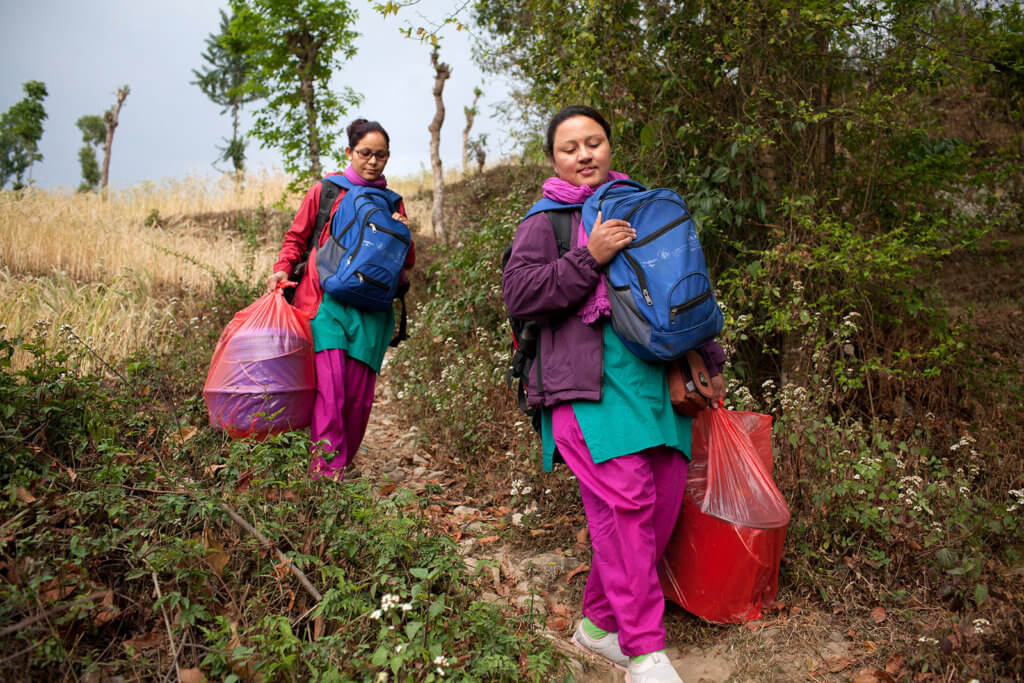
Overcoming physical barriers to choice
Women and girls in rural communities often do not have access to any reproductive healthcare services. There simply isn’t a pharmacy, doctor or nurse who could provide them. That’s why MSI team members travel incredible distances to reach women who need services–whether trekking through the rural mountains of Nepal or taking a 6-hour bus ride to rural communities in Oaxaca.
For example, Yadira is one of two MSI team members who run the midwife program in Oaxaca, Mexico. Working within a vast area, she travels nearly every day using local transportation to visit members of the network, distributing information and contraceptive supplies. Yadira is just one of the many bold women working with MSI teams around the globe to provide reproductive healthcare rural communities. But many women living in rural communities globally are still without access to choice.
In order to continue to close some of these gaps, MSI turned to innovative technology to help us improve reproductive healthcare and reach more women with services. Through the development of mobile apps, MSI has made collecting and storing client data easy for healthcare providers trekking long distances for their clients. Overcoming physical boundaries to serve clients in hard-to-reach places can be difficult, but with courage—and sufficient funding—it’s possible.
Without funding, there is no choice
In rural, underserved regions, the world’s poorest women are the least able to access reproductive healthcare. In Nigeria, for example, the poorest fifth of women are 80% more likely to die from pregnancy-related causes.
Even with stellar sex education and liberal laws, women won’t be able to access reproductive healthcare if a nurse never comes to their village or isn’t trained to deliver the service they’re seeking. That’s why at MSI we focus on serving the most marginalized communities, where women have no other options for care.
Unfortunately, those services are at risk. Policies such as the Global Gag Rule in the United States, which restricts funding to organizations that provide abortions services, and the United Kingdom’s recent cuts to international aid, jeopardize our ability to reach the most remote communities.
We depend on support from generous donors to keep services going for the women who depend on us. We know that investing in reproductive healthcare pays dividends. When women have access to choice, they’re better able to finish their education, pursue a career, keep their family out of poverty and help create a more sustainable world. When donors—from national governments to caring individuals—support choice, they’re not just changing one woman’s life, they’re transforming whole communities.
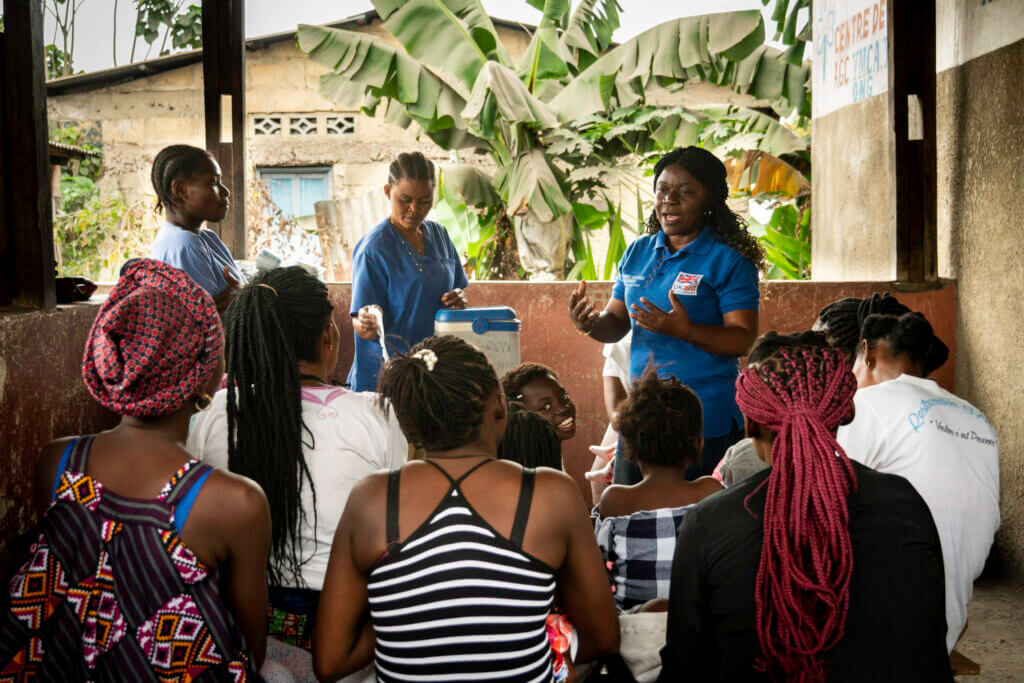
Making choice possible worldwide
Education, political will and funding are what we need to bring choice to every woman. It’s why our teams work tirelessly to inform women about their reproductive health; why our advocacy team works directly with governments to support reproductive rights; and why we work with governments, foundations and individuals to secure funding to reach the world’s most marginalized women.
You can make choice possible for every woman, regardless of wealth or where she lives. Click here to make your tax-deductible donation.



